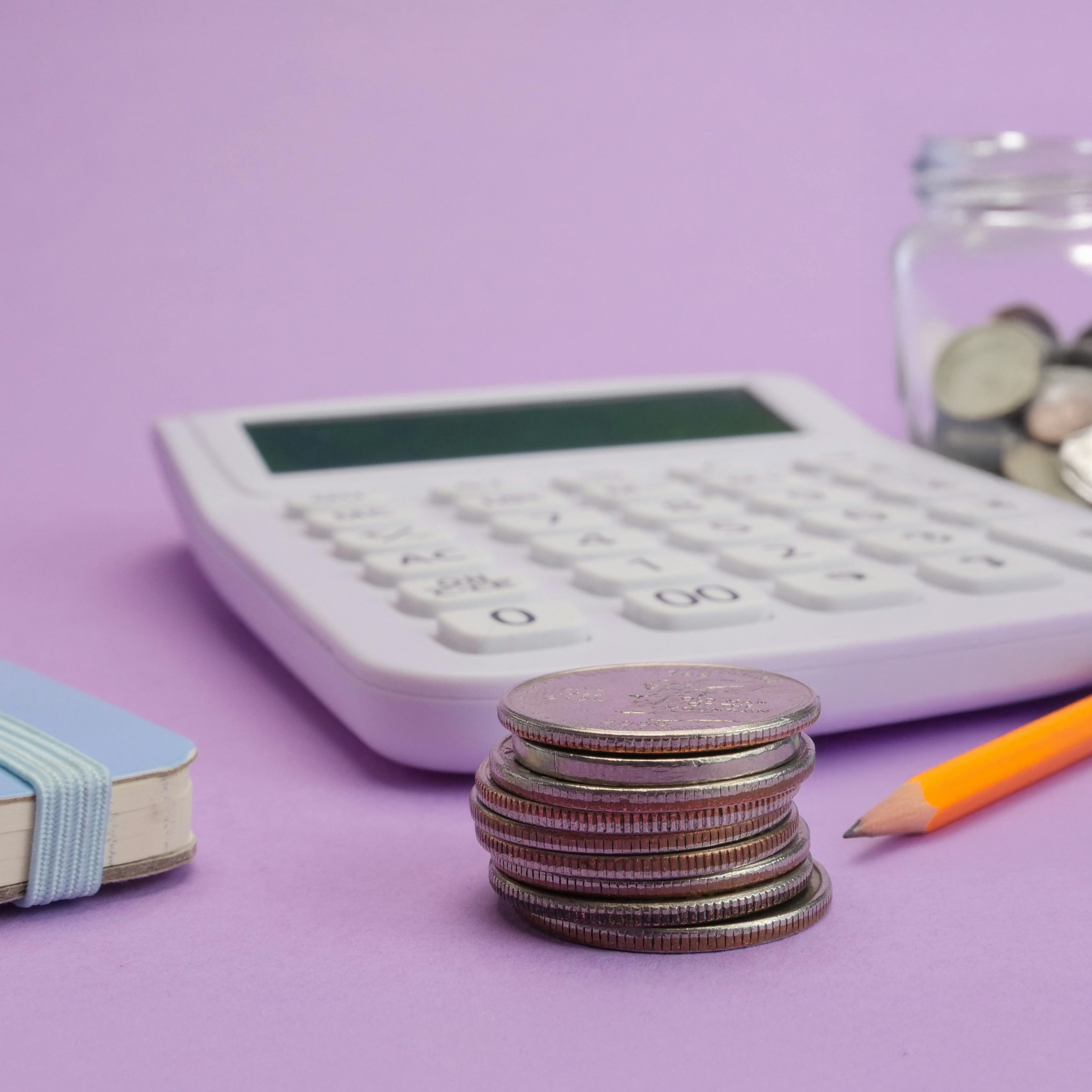Apr 28 2025
Hack yourself to keep your budget on track.
You’ve identified your financial goals and carefully drawn up a budget…but now you’re having trouble sticking to it. Welcome to a common problem. We’ve identified 10 ways you can hack yourself to keep your budgeting on track.
Tip 1: Know your ‘why’
Articulate exactly why you need this budget. Is it so you can get out of debt and save for a house; to finally go on a big family holiday; or just so you can manage to afford the little things that make life so much better. Give your budget a real purpose and jot your ‘why’ down somewhere so you can see it when you need a motivation boost.

Tip 2: Introduce a ‘delayed purchase’ rule
See something you want to buy now? No can do. Bring in a two-day/two-week stand-down period before buying non-essential items. That way you’ll only end up spending the money if you really want it. This rule needs to apply to buying online also.
Tip 3: Have a no-spend day (or week/month)
Sometimes you just need a circuit-breaker when you’re trying to introduce new financial habit. That’s where a no-spend day (you could make it as long as you like), can really help. Just like fasting can help reset your eating habits, a no-spend day can get you back on track with your finances. Obviously you need to pay your essentials, but on these days, make sure you spend nothing that you don’t need to. No extras.
Tip 4: Check in on your finances regularly
Keeping with the food analogy: just like you need your greens every day to stay healthy, checking in on your finances regularly can help keep you in good financial health too. By staying regularly informed you know what you’ve got left to spend and can spot any budgeting speed bumps before you hit them. You might like to quickly check your balances when you have a coffee each morning, or check through your transactions when you first sit down at your desk to start work.
Tip 5: Overestimate
If you’re adding something to your budget that may vary in value, overestimate it. Being optimistic about cost doesn’t help when budgeting. If the item does end up costing less, you end up with more savings, which is better than the alternative.
Tip 6: Write down your extra spending each day
We can fritter away more cash than we realise on the small things. So each night jot down your spending that day, just like you would a gratitude list. Include that chocolate bar, the takeaway coffee, and the friend’s birthday gift you picked up on the way home. Doing this regularly helps to keep our head out of the sand when it comes to spending and means we make sure we’re happy with where our money is actually going.
Tip 7: Build in flexibility
We all get caught out sometimes. We might have a bad day and blow money on a dinner out that we hadn’t budgeted for rather than cooking at home. Or a bill comes in at much more than
expected. Have some wriggle room in your budget (a miscellaneous allowance) so you aren’t derailed and demoralised by one bad day. Just don’t use this for anything else.
Tip 8: Drop your credit card limit
If you sometimes blow your budget by blowing out on the credit card, drop the limit on it. And/or reframe how you think about the credit card. Consider it there for emergencies and then only use it for this.
Tip 9: Use cash for blow out areas
Is there a couple of categories that you constantly overspend on? Then consider going back to good old-fashioned cash for these. Take out your budgeted amount for say, clothes, for the month, and once you’ve spent that money, that’s it. Sometimes we need to see the cash to make the budgeting stick.
Tip 10: Make use of sinking funds
Sinking funds are when you set aside money over a period of time to fund something in the future. It might be getting work done on your house or car, repaying a debt, paying a medical bill or going on holiday. You take the money out monthly like a regular expense and pop it away in an account. The money is tagged explicitly for a particular purpose down the track and means you aren’t left struggling with debt when the bill comes in.
For help putting a budget together, there are plenty of tips, tricks and tools to help you do so in this piece on building a budget.
This article is for information purposes only and should not be considered financial advice.